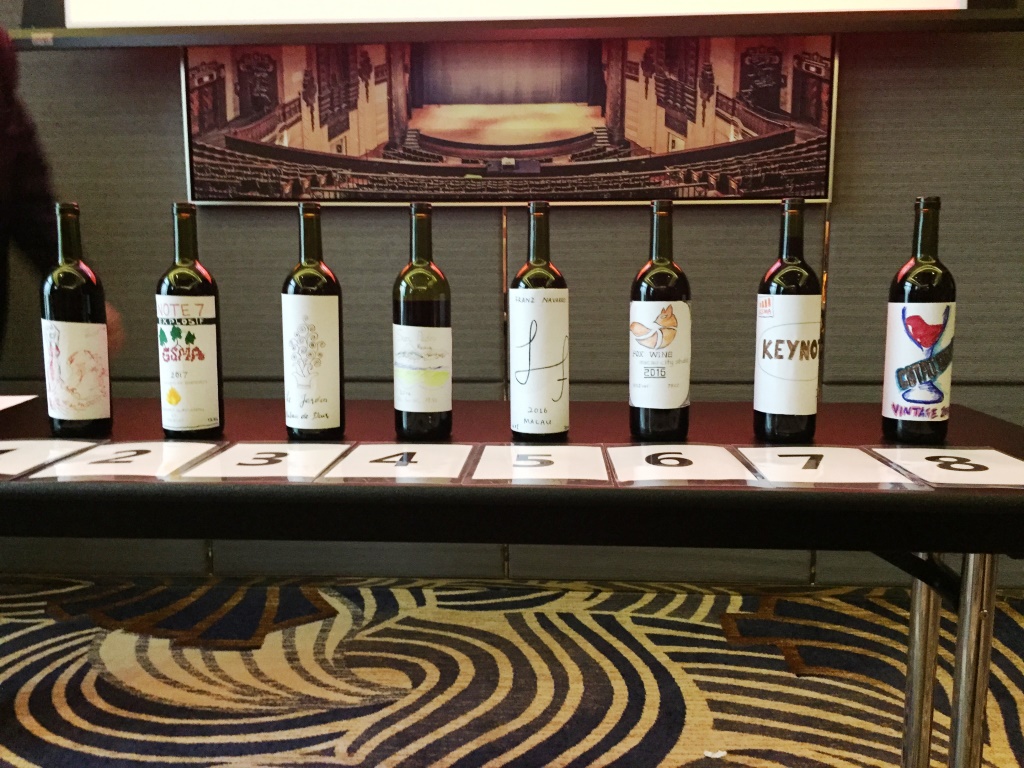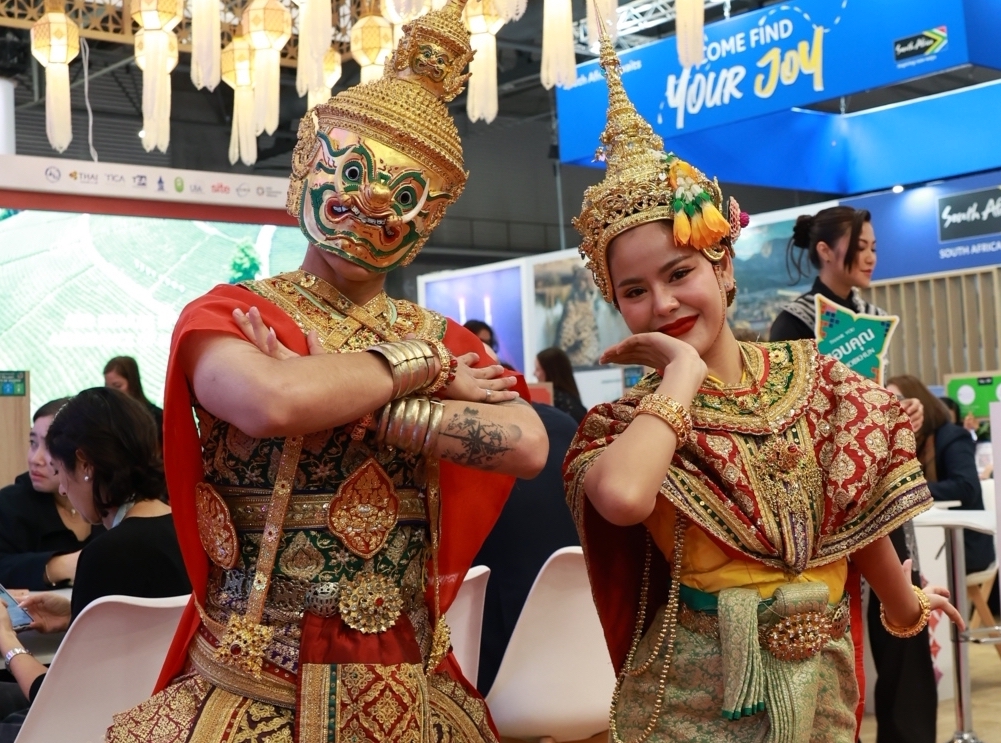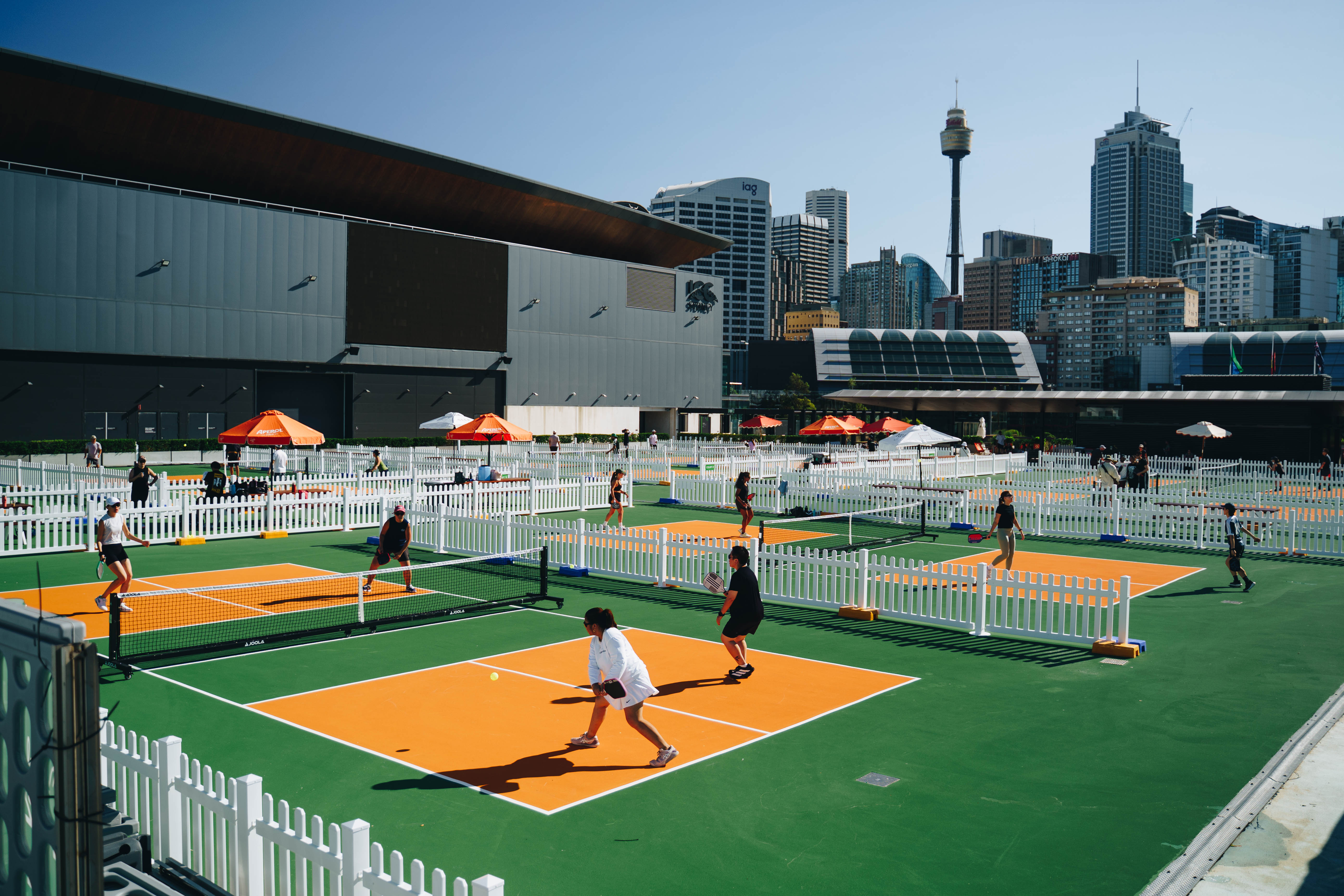The phenomenon that is the “Korean Wave” has taken the world by storm, with artists of every stripe sitting up and taking notice, from professionals to teenagers singing hit K-Pop tunes phonetically without understanding a word of Korean.
Evidence of this wave of creativity and its international appeal is everywhere. The K-pop hit “Gangnam Style” and its accompanying equestrian-inspired dance moves are currently enjoying cult status in the US, and Korean soap operas are more widely (and closely) watched in many Southeast Asian countries than are local shows.

“Cultural and artistic content produced in Korea is being consumed and reproduced around the world,” said a spokesperson of the International Society for Performing Arts (ISPA), and it was exactly this, rather than facilities, expense or accessibility, that attracted them to host the congress in this location.
ISPA, an international network that brings together more than 400 organisations and individuals from the performing arts, this year held its annual June Congress – the 26th – in Seoul. The June Congress has been staged in a wide range of cities, from London to São Paulo, Durban to Zagreb and Sydney to Jerusalem.
This group, whose members come from 50 countries, enjoy coming together, sharing ideas and being inspired by the location they find themselves in. This year, Seoul in South Korea was a new frontier for them to experience.
“Seoul is a city whose unique socio-cultural dynamism is erupting intensively, and thus, it was the most suitable place for international discourse on the future direction and wave of changes faced by the world’s performing arts circles,” the ISPA spokesperson explained.
For its 26th June Congress in the South Korean capital, ISPA picked the theme “Cultural Shifts”. “We decided to develop a programme that would be universally relevant, yet with distinct Korean aspects,” said Younglee Bright Ahn, cultural alliance and marketing team manager of Seoul Foundation for Arts and Culture (SFAC), which helped organise the programme.
Turning a challenge into an opportunity
This was the first time South Korea had hosted a world congress in the culture and performing arts industry, and putting together a compelling six-day programme on a relatively tight budget of US$350,000 was a big challenge.
“To overcome the financial and labour limitations, we actively secured sponsorship from private corporations and public organisations,” said Younglee.

Likewise, the idea to use Seoul’s theatre, performance and cultural spaces for the event turned out to be a great financial decision. “The venues were happy to offer favourable rates as they were benefiting from the publicity and attention from global experts in the performing arts industry,” Younglee added.
But those were not the only advantages. “We wanted the congress attendees to experience the varied aspects of Seoul’s culture and society, so each day we chose a new conference venue,” she explained. These included Gwanghwamun, Namsan Mountain, Gangnam, Daehak-ro (a hub for underground theatre), the main shopping area of Myeong-dong and others.
Even the conference itself was used as a platform to showcase Korean performance culture. Topics discussed included “Seoul’s cultural fever” and “‘The Korean Wave, Seoul Wave”, and individual Korean artists from a number of disciplines were invited as special panellists to discuss the changes in Korean performing arts since the 1950s, as well as its future. The “Portraits of Korean Artists” session, for example, was moderated by renowned Korean traditional music commentator Jung-kang Yoon.

Entertainment at the Seoul June Congress also included a variety of performances portraying the traditional values and modern dynamism of Seoul and Korea. Contemporary dance, Korean dance, theatre pieces and multidisciplinary performances were showcased, including Ahn Eun-Me Company’s “Princess Bari” – a piece that told an ancient Korean tale using contemporary choreography – and Kang Eunil’s modern repertory using traditional Korean instruments in “Haegeum Plus”.
At the ISPA Awards, local artists, arts administrators and arts supporters who had contributed to the advancement of performing arts in the country were recognised. The Distinguished Artist Award was presented to Byungki Hwang, a Master gayageum (a stringed zither-like instrument) player and composer, while the arts administrator award was given to Julia H Moon, general director of Universal Ballet, who has headed the private ballet company for 28 years.
The closing lunch took place at traditional Korean restaurant Daehak-ro, a mecca of Korean theatre, where several cultural performances were staged as national delicacies such as bulgogi and pork ribs were served.
According to Younglee, the SFAC was able to produce a satisfying programme and at the same time achieved the ISPA’s objective of getting its congress participants totally immersed in different aspects of South Korea’s vibrant and exciting performing arts.

EVENT “Cultural Shifts” – ISPA’s 26th June Congress
VENUES Held in major performance venues and cultural and artistic institutions ?in Seoul, including Seoul Art Space, Sejong Center for the Performing Arts, ?National Theater of Korea, Seoul Arts Center, Korea National University of Arts, Myeongdong Theater and Millennium Seoul Hilton.
DATES June 11-16, 2012
NUMBER OF PARTICIPANTS 432 from 34 countries
ORGANISERS SFAC and ISPA
Alexandra Andersson


